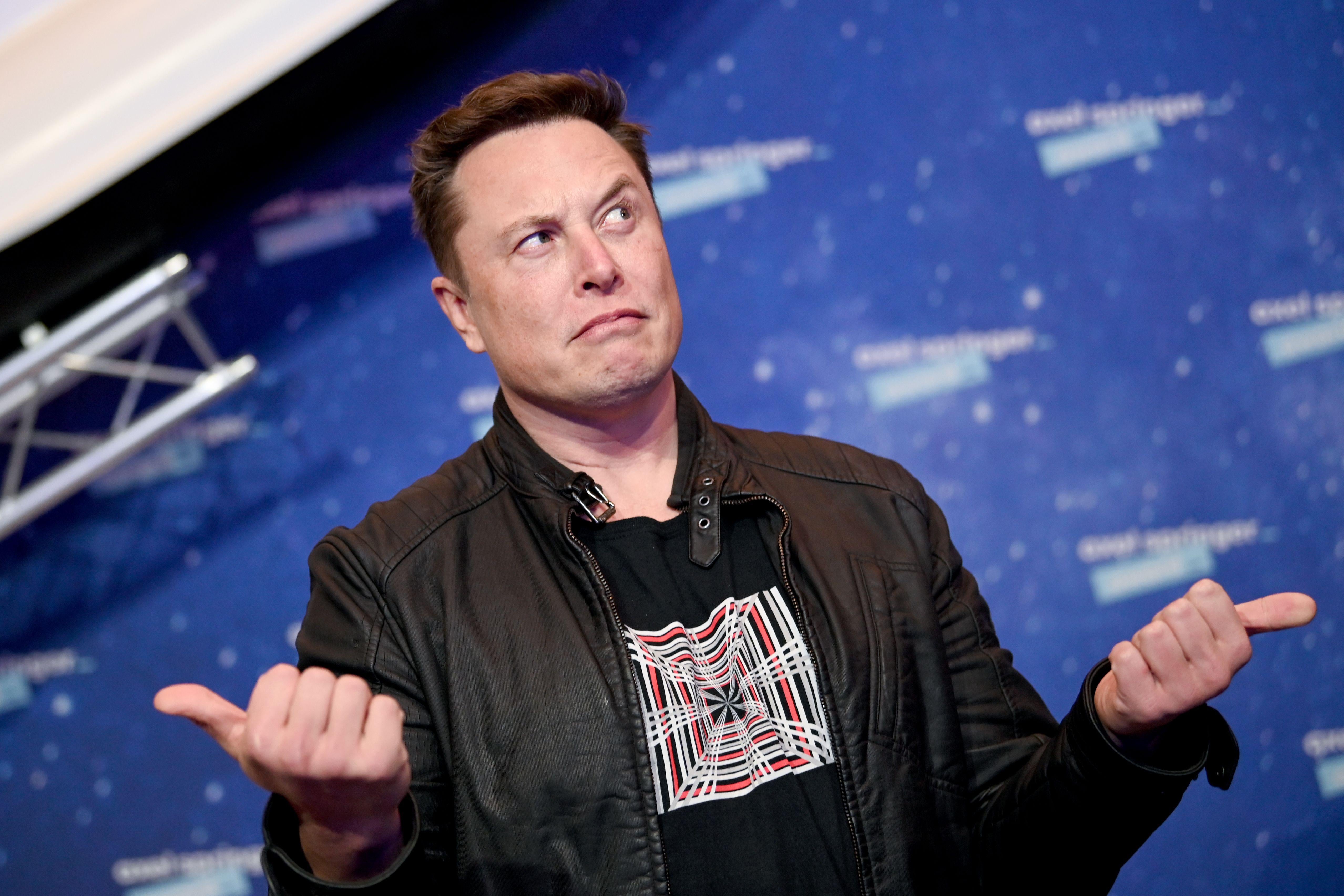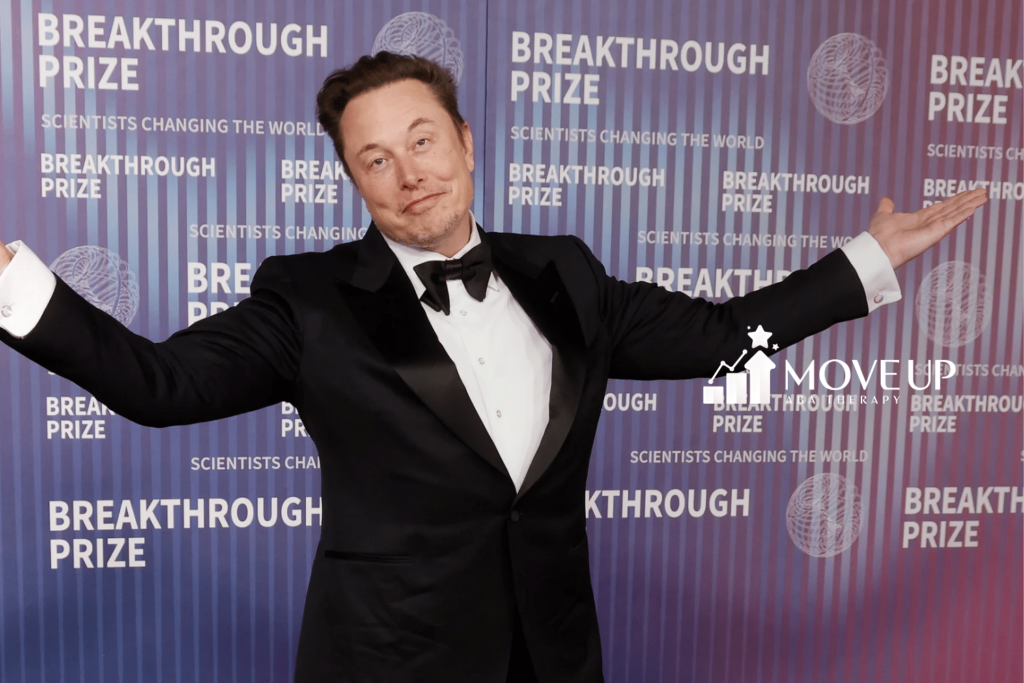Understanding Autism Spectrum Disorder
Autism Spectrum Disorder (ASD) is a complex neurodevelopmental condition that affects communication, behavior, and social interaction. The term “spectrum” signifies the wide range of symptoms and abilities seen in individuals with autism. Some may exhibit significant challenges, while others display remarkable skills or talents, showcasing the diverse manifestations of this condition. Individuals with ASD often face difficulties in verbal and non-verbal communication, which can lead to misunderstandings in social situations. They may struggle with understanding social cues, leading to challenges in forming friendships or engaging in typical social activities.
Common characteristics of autism include restricted interests and repetitive behaviors. While these traits can manifest differently across the spectrum, many individuals might focus intensely on specific hobbies or subjects, often demonstrating exceptional knowledge in those areas. This focused interest can sometimes translate into notable achievements in fields such as science, technology, arts, or mathematics. Furthermore, individuals with ASD may exhibit distinct cognitive styles. They often think in a detailed and systematic manner, which can lead to innovative problem-solving skills. This unique cognitive perspective can be an asset in numerous fields, emphasizing the capabilities of individuals diagnosed with autism.
The presentation of autism varies not only from one individual to another but also can change over time for the same person as they grow and develop. Interventions and support can significantly improve communication skills and social interactions, allowing individuals with ASD to navigate their environments more effectively. Understanding autism is crucial, particularly in examining notable individuals like Is Elon Musk Autistic. By appreciating the nuances of ASD, one can better contextualize the experiences and successes of those who navigate challenges associated with this disorder, shedding light on how it can coexist with extraordinary accomplishments.
Elon Musk: A Profile in Innovation
Elon Musk, born on June 28, 1971, in Pretoria, South Africa, is acclaimed for his transformative impact on technology and space exploration. He exhibited an early affinity for innovation; at the age of 12, he created a video game called Blastar, which he sold for $500. This early entrepreneurial spirit served as a foundation for his future endeavors. Musk later moved to the United States to attend the University of Pennsylvania, where he earned dual degrees in physics and economics. His education played a critical role in shaping his analytical thinking and problem-solving skills, elements that would define his professional life.
Musk’s career began in earnest with the co-founding of Zip2, a software company, which was sold for nearly $300 million in 1999. This venture marked the beginning of a series of successful enterprises, including X.com, which evolved into PayPal, significantly impacting online financial transactions. However, Musk’s ambitions extended beyond the digital realm. In 2002, he founded SpaceX with a mission to enable human life on Mars, pushing the boundaries of space technology through innovative rocket designs and cost-effective launch solutions. His vision for interplanetary travel has revolutionized how the world perceives space exploration.
In addition to space travel, Musk is a prominent figure in renewable energy, as seen in his leadership at Tesla Inc. His work in electric vehicles has accelerated the shift toward sustainable transport, demonstrating the practical applications of innovative thinking. Musk’s commitment to addressing climate change and creating a sustainable future showcases his ability to translate visionary ideas into actionable solutions. This dedication provides a backdrop to the ongoing discussions surrounding his personality and whether traits associated with autism may have influenced his exceptional capacity for innovation and creativity.

Elon Musk’s Own Comments on Autism
On May 8, 2021, Elon Musk made headlines during his guest appearance on the iconic comedy show ‘Saturday Night Live’ when he openly disclosed that he has Asperger’s syndrome, a condition on the autism spectrum. This revelation marked the first time a public figure of his stature explicitly identified as having a form of autism, making waves in various communities. Musk’s admission has been instrumental in shaping public discourse around autism, particularly regarding its relationship with success and innovation.
By sharing his diagnosis, Musk has sparked significant conversations about the possible connections between autism and extraordinary achievements. Many individuals who identify as autistic find inspiration in Musk’s transparency, as it challenges dominant stereotypes that often depict autistic individuals in a negative light. His success in tech entrepreneurship and space exploration serves as a powerful testament to the potential contributions of neurodiverse individuals in society. Reactions to Musk’s comments have been varied, with many praising his openness as brave and significant, while others have raised concerns regarding the varying experiences within the autism community.
This openness has inspired individuals and advocates to engage more deeply with concepts of neurodiversity, encouraging a broader understanding of how autism can manifest differently among individuals. By discussing his experiences with Asperger’s syndrome, Is Elon Musk Autistic has not only generated awareness but has also become a symbol for many who navigate the challenges associated with autism. His visibility helps to foster a more nuanced perspective on societal norms surrounding intellect and capability, ultimately breaking down barriers and promoting inclusivity for those who are autistic. Musk’s journey highlights the importance of representation and understanding in reshaping perceptions about autism, especially in high-achieving contexts.
The Broader Implications of Autism in High Achievers
The discourse surrounding autism has evolved significantly, particularly regarding its implications for individuals in high-stakes roles and professions. Research suggests that many high achievers exhibit traits commonly associated with autism spectrum disorder (ASD), such as meticulous attention to detail, heightened focus, and the ability to cultivate unique expertise. These attributes can serve as substantial advantages in fields ranging from technology to the arts. For instance, individuals on the autism spectrum often demonstrate exceptional problem-solving skills and creativity, qualities that can contribute to extraordinary innovations and advancements.
Elon Musk, frequently discussed in the context of whether he is autistic, embodies several characteristics that align with known traits of ASD. His relentless pursuit of ambitious goals, such as pioneering electric vehicles and advancing space exploration, exemplifies how intense focus can drive remarkable success. Musk’s ability to look beyond conventional boundaries and approach problems uniquely mirrors the broader capacity of individuals on the autism spectrum to bring forth novel solutions. This realization could shift societal perceptions, emphasizing that neurodiversity is not merely a challenge to be managed, but rather an immense potential waiting to be harnessed.
Additionally, by embracing neurodiversity, society could cultivate environments that recognize and elevate the strengths of individuals with autism. This approach could lead to better outcomes not just for individuals on the spectrum but also for organizations and industries that benefit from diverse thought processes and perspectives. The case of Elon Musk highlights the importance of harnessing these unique traits, suggesting that society’s definition of success might need reevaluation. In fact, understanding and accepting the broad implications of autism may enable a transformation in how we cultivate talent, ultimately enriching our communities and industries.


